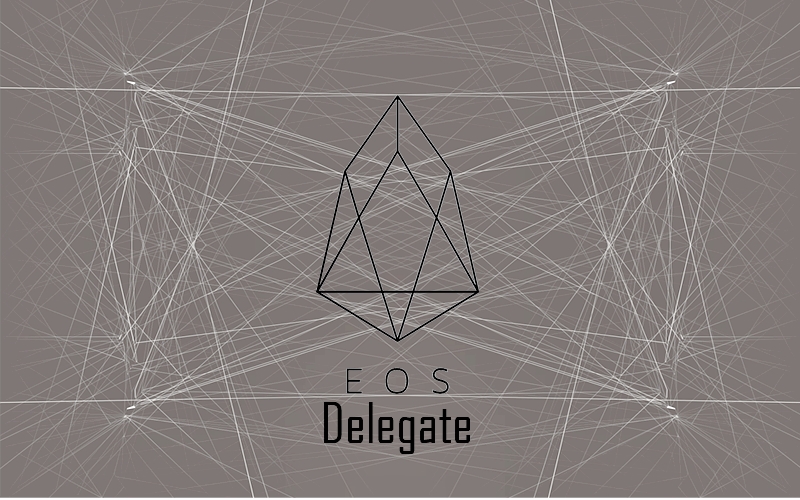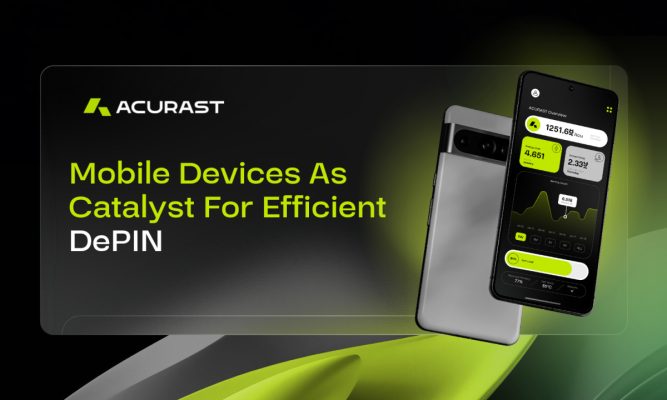What is an EOS Delegate?
An EOS delegate is responsible for the validation of transactions and for the creation of new blocks for the EOS blockchain. Instead of mining, delegates are voted by EOS token holders by staking their tokens.
The 21 delegates that have the most votes become Block Producers that are tasked with network maintenance. For their services, they are rewarded with tokens from the Block Producer Pool.
Token holders can change their vote at any given time. Therefore, if a Block Producer is behaving detrimentally for the community, they are just voted out by the members.
EOS Delegate Rewards
EOS has an annual inflation rate of 5%. Twenty percent of this goes to the Block Producer Reward Pool every year. The tokens from this pool are distributed to delegates proportionate to the number of votes they acquired.
The top EOS delegate, EOSLaoMao, currently receives 866 EOS daily. This sum equals a daily paycheck of over $5,000 USD.
The first 72 delegates according to their popularity are standby Block Producers. The standby Block Producer that receives the least votes still collects 100 EOS daily, about $591 a day at EOS’s current price.
Who are the EOS Delegates?
Anyone can become an EOS delegate. There are currently 400 delegates, and more are joining in. All EOS token holders are able to vote for delegates, but less than 40 percent have voted so far.
The current 21 Block Producers are located globally. Huobi and Bitfinex are exchanges that also act as EOS Block Producers.
Almost anyone can become an EOS delegate, as this position is not limited by anyone.
Requirements: To become an EOS delegate, you need to have some knowledge and experience with software and hardware. More precisely, you should be familiar with GitHub, a Command Line Interface (CLI), and the hardware specifications of the device you’re using.
EOS Delegate Hardware Requirements
The hardware requirements for EOS delegates are minimal.
“EOSIO can run with very little memory, less than 100MB + shared memory file size. The requirements for the shared memory file depends upon the state of your local application (number of users, etc).” -EOS founder, Dan Larimer.
Registering as an EOS Delegate
Before commencing with these instructions, you should already have cloned EOSIO from the GitHub repository, configured the cleos command line tool, and own an EOS wallet with EOS tokens in it.
Step 1. Create a bp_info.json with the information specified in the EOS BP Information Standard.
Step 2. If you don’t have one already, set-up a website for your delegate
Step 3. Add your JSON file to the root of the personal website domain
Step 4. Run the following cleos command to register:
cleos system regproducer <accountname> <producer_key> <url> <location>
- accountname: should contain up to 12 characters. Characters can be either a lowercase letter or a number from 1 to 5. The first character has to be a lowercase letter, not a number.
- producer_key: the public key from your Producer Keypair.
- url: the website that was created in Step 2.
- Location: comparative location for nearest neighbour scheduling
Step 5. You can verify if you are now a delegate by running the command: cleos system listproducers
Your account name should appear on the list along with the number of votes that you have.
Improve Your Chances of Becoming a Block Producer
EOS Go, an organization run by the community, made a list of eight conditions that every delegate should meet. Each week prior to the launch, EOS Go reviewed the delegates and ordered them according to these conditions.
Delegates that ranked higher inevitably received more votes towards becoming a Block Producer. Although these items weren’t obligatory, the community seemed to favor these delegates more.
EOS Go has stopped making their weekly reviews. However, you should take into consideration these standards if you want to become a Block Producer.
The eight criteria are the following:
Public Website URL (And Social Media Accounts)
A potential delegate should have a strong community presence. You should have a website that is accessible to community members, where they can learn more about your plans as a delegate.
Use your social media accounts to interact with others, post announcements and answer questions.
Links to ID Information
Create links that feature the following information to the public:
- Official block producer candidate name
- Location of company head office
- The servers’ expected location
- Type of servers (cloud, bare metal, etc.)
- A list of current employees and pictures of at least 67% of staff
- Relevant background experiences for at least 67% of staff
EOS token holders are interested in knowing this kind of information. They don’t want to have to lose time on research.
Technical Specifications and Resource Expenditure
As a delegate, you should estimate what your operating costs are. Specify what type of hardware you’re using along with your maintenance procedures.
Hardware Scaling Plan
As the EOS network develops, you need to present how you plan on handling this as a delegate.
Community Benefit Project Outline
EOS supporters want delegates to invest a portion of their block rewards in community projects.
List of Telegram and Testnet Node Names
Listing your Telegram information lets community members contact you in case they have any inquiries or comments. Providing the node names on the testnet allows community testnet engagement.
Block Producer Candidate Roadmap
The roadmap consists of “values, community project timeline, finances, transparency, or any other topic the candidate deems important.”
Position on Dividends
Last of all, you should include in your documentation if you will be distributing EOS inflation rewards to token holders, and how you intend on doing this.
Conclusion
If you plan on becoming an EOS delegate, you need to be ready to make a minimal investment in buying hardware that scales, creating community trust, and secure enough votes from token holders.
These feats can be quite challenging, but if you are dedicated, you might see some results in the future.



